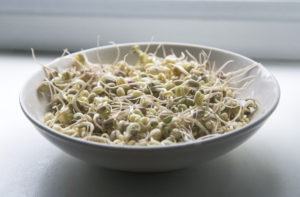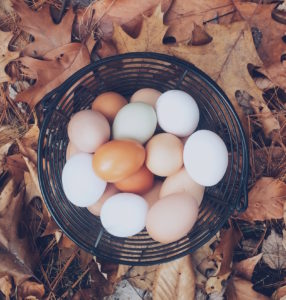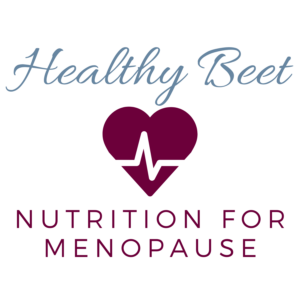Two of Nature’s Most Perfect Foods
Simply put sprouts (or micro-greens) and eggs are perfect in my world.
When it comes to food I get pretty excited. From planning what to cook, scouring over recipes, picking out those best ingredients (yes.. I love grocery shopping!), getting down to preparing a meal with love, smelling the deliciousness as it cooks… and then savoring the creation.
Knowing it’s made from whole foods and local if possible makes me happy and my insides even happier. Hippocrates has some amazing quotes, one of his most famous – “Let food be thy medicine, and medicine be thy food”. I couldn’t agree more!
While I could write for months, likely years, on how many great foods there are out there if I had to choose my top 2 perfect foods today they would be these 2 beauties….whose versatility in any dish is endless….not to mention they are super healthy foods.
Sprouts
Most nuts, seeds, legumes and grains can be sprouted and they are nutritional powerhouses full of iron, protein, magnesium, B vitamins, zinc, iodine, selenium and calcium (to name a few key vitamins & minerals). Indeed this is why a diet that contains mostly plants is such an amazing habit.
Think about a tiny bean sprout and what it has inside its’ small seed to grow into a beanstalk providing rich green or yellow beans, just think how many more nutrients you can ingest when you eat a handful of sprouts on your salads, stirfrys, soups and eggs!
Micro-greens and sprouts are also full of important enzymes that assist your body in digesting your meal and alkalizing for the body which is important to reduce inflammation.
In the cooler months of fall and winter when fresh greens are not as easily attainable sprouting is the perfect solution.

How to Sprout
Sprouting involves soaking seeds, nuts, legumes or grains for several hours, then repeatedly rinsing them until they begin to grow their roots.
Soaking seeds prior to sprouting is important not only to soften the hull and make them more digestible but also because many seeds contain anti-nutrients, substances that inhibit the absorption or use of other nutrients.[1] For example, rice contains phytic acid, which inhibits mineral absorption.
Other seeds contain substances such as lectins and saponins, which can interfere with the endothelial lining of the GI tract. This can cause damage to the cellular lining and the villi (small brushlike projections in the intestines), leading to leaky gut and poor overall nutrient absorption [1].
Here is a sprouting chart to get you on your way.
Eggs
Yup…eggs. Along the same lines as sprouts, an egg contains all the nutrients in its shell to grow a chicken. It is packed full of goodness and is really the perfect food containing a little bit of every nutrient we need.
A single large boiled egg contains:
- Vitamin A: 6% of the RDA.
- Folate: 5% of the RDA.
- Vitamin B5: 7% of the RDA.
- Vitamin B12: 9% of the RDA.
- Vitamin B2: 15% of the RDA.
- Phosphorus: 9% of the RDA.
- Selenium: 22% of the RDA.
- 6 grams of protein and 5 grams of healthy fats.
- Eggs also contain decent amounts of Choline,Vitamin D, Vitamin E, Vitamin K, Vitamin B6, Calcium and Zinc.
What about Cholesterol?
You may be thinking “but eggs are high in cholesterol?”. They are, yes, but what you need to understand is that our bodies require a certain amount of cholesterol daily for our internal biochemical reactions, cell building and metabolism. If we don’t ingest “good fats” daily our liver will produce it and the liver already has so many important functions to keep us well tuned we may as well help it along.
The cholesterol in eggs actually helps regulate the two different types of cholesterol in our body [2]. They raise levels of HDL (high-density lipoproteins) – the good cholesterol [2].
And talk about versatility…poached, scrambled, omelettes, boiled …breakfast, lunch and dinner! If you’ve read my story you’ll remember I never used to eat breakfast but now the thought of beginning my day without an egg is well…just wrong.
Choose pastured free-range raised eggs not only for allowing the chicken to live cage-free (and disease free) but also for the nutrition. Free-range eggs are found to be higher in Vitamins A, E, beta-carotene and omega-3’s [2].

So when we stop and think about both of these powerhouse foods they have all the essentials right in their shells to grow into a plant – if you’re a sprout, and in case of an egg – the chicken. This is why I refer to them as the most the perfect foods nature provides us.
Let me know how you enjoy these perfect foods … or do you have another superfood food you’d like to share with us?



Share this entry